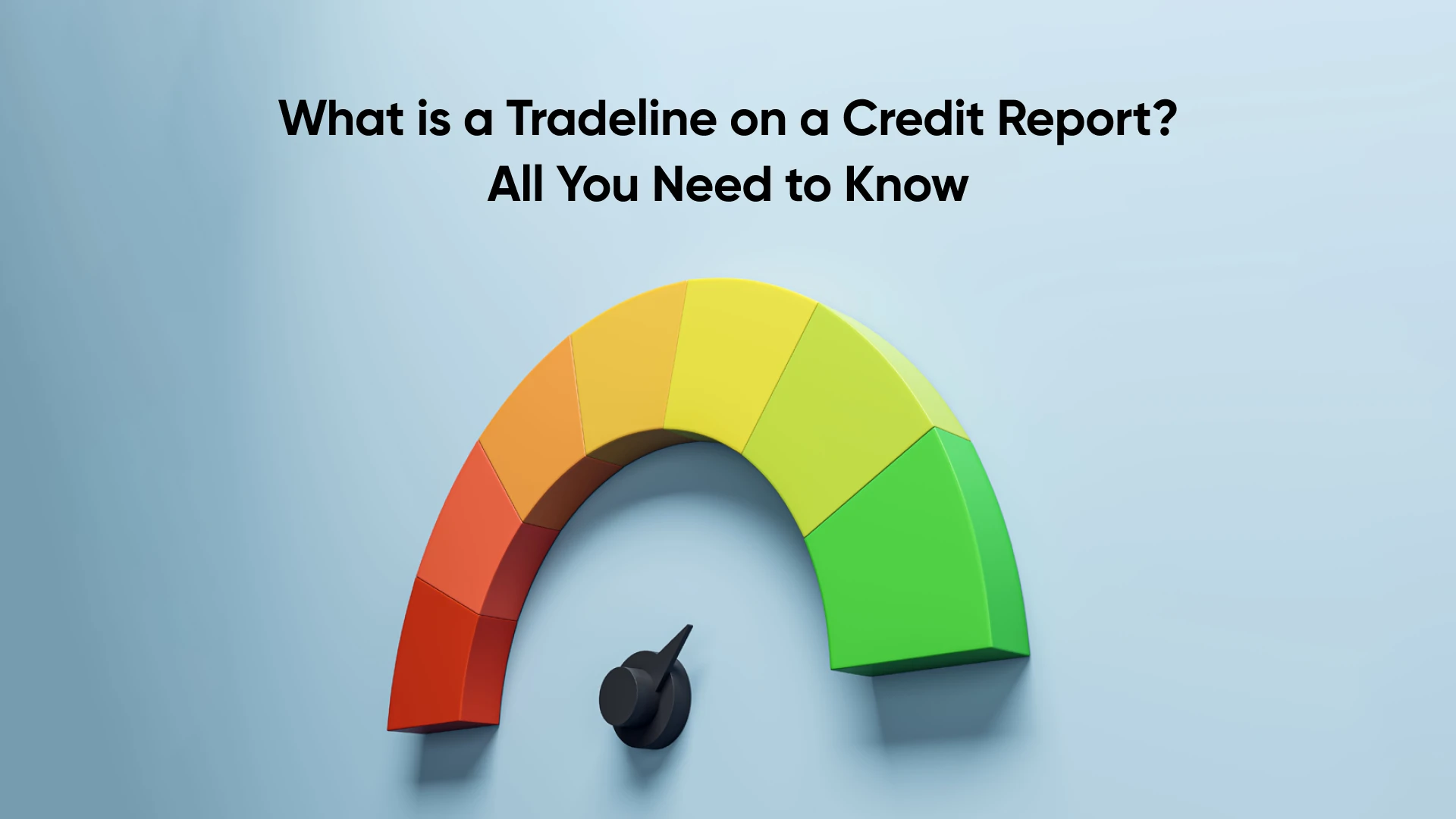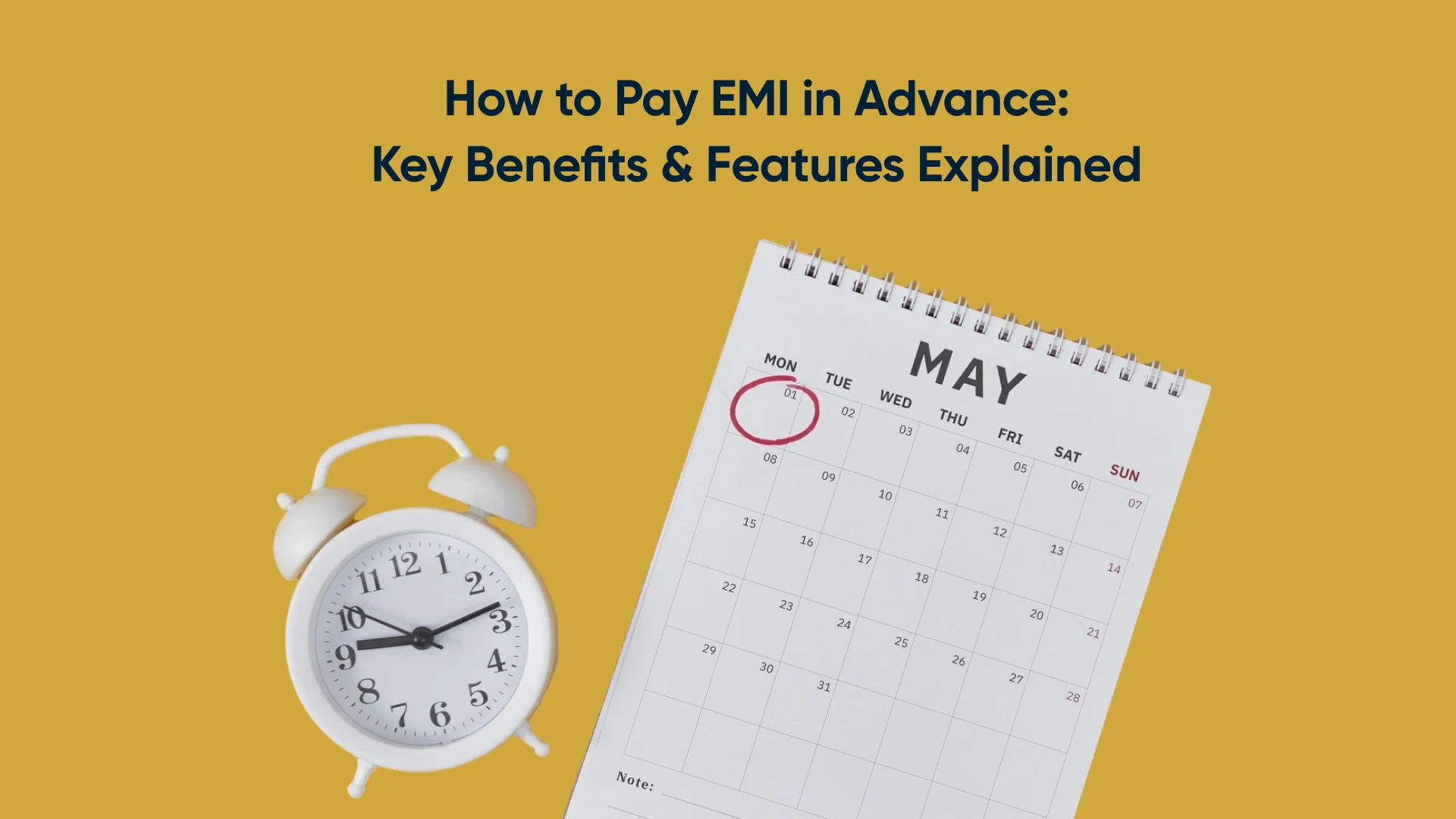Credit Score vs CIBIL Score: What is the Difference?

In India, credit scores are often addressed as CIBIL score (Credit Information Bureau (India) Limited) but they are not the same. A credit score is a term used to define creditworthiness of a borrower, while a CIBIL score is a type of credit score.
This article explores the difference between these terms and their significance
Table of Contents
ToggleWhat is a Credit Score?
A credit score is a three-digit number that ranges between 300 to 900. It is usually used by lenders to understand the creditworthiness of the borrower. This score is calculated by factoring in the borrower’s credit history, number of credit accounts, repayment history, total debt and other such factors. If one has a high credit score, it improves their chances of getting loan approval on favorable terms. A low credit score, on the other hand, will make it difficult to get credit. Credit scores are commonly categorized into different ranges as poor, fair, good, very good and excellent.
What is a CIBIL Score?
A CIBIL score is a three-digit credit score given by Credit Information Bureau (India) Limited (CIBIL). CIBIL is the oldest credit rating bureau in India and has the license to operate from RBI (Reserve Bank of India). It partnered with US-based TransUnion in 2000 and thereafter goes by TransUnion CIBIL Ltd.
CIBIL Score rating and meaning of each range for personal loan, can be better understood with the below table:
| CIBIL Score Range | Rating | Impact on Personal Loan |
| 800 and above | Excellent | Easier to get loans at favorable terms. Borrowers are considered low-risk due to high credit scores. |
| 750 – 799 | Very Good | Good credit score. It is easy to get loans and credit. |
| 701 – 749 | Good | This is a good score to get loan and credit. However, there is scope for improvement as well. |
| 651 – 700 | Fair | Borrowers are considered subprime, meaning they are a high-risk borrower for the lender. |
| 300 – 650 | Low | Borrowers will find it difficult to get loan approval due to low credit scores. It is advisable to improve the credit score before applying for new credit. |
Also Read: The Complete Guide to Interpreting Your CIBIL Score Range
Key Differences Between Credit Score and CIBIL Score
Credit score is the numerical representation of an individual’s credit report while CIBIL score one type of credit score. The difference between CIBIL score and credit score is as mentioned:
| Parameters | Credit Score | CIBIL Score |
| Meaning | Credit score is creditworthiness of an individual based on their credit history. | CIBIL score is the creditworthiness of an individual given by the CIBIL (Credit Information Bureau (India) Limited) based on their credit history. |
| Provider | It is provided by any of the credit bureaus in India namely, CIBIL, Experian, Equifax, and CRIF High Mark | The CIBIL score is provided by only CIBIL (Credit Information Bureau (India) Limited) |
| Usage | Credit score by the mentioned credit bureaus is widely used in India, especially by lenders | CIBIL score is the most preferred score for lenders in India. |
| Authority | Credit bureaus are regulated by different bureaus. | CIBIL bureau is regulated by the Reserve Bank of India. |
| Calculation Method | Each bureau has their own algorithm and methodology to calculate the credit score. | The score is calculated by CIBIL’s algorithm, and the credit reports they maintain. |
Factors Affecting Credit Score
Credit score is affected by the following factors, including:
Payment History (35%): Your payment history has the biggest impact on your credit score, since it represents your repayment history. Lenders want to know if you make payments on time. If you have a history of late or missed payments, it reflects badly on the credit score.
Amount Owed (30%): Another factor that impacts your credit score is the amount of loan owed or credit utilization ratio. Lenders check how much amount you have used up from the available credit limit. It is advisable to keep the credit utilization ratio below 30%.
Length of Credit History (15%): A long credit history can positively impact your credit score. Lenders view you as reliable if you have a longer credit history. Keep old credit accounts open to build a good credit score.
Credit Mix (10%): Credit mix refers to the different types of credit one owns such as credit card, home loan, education loan and so forth. It shows the individual’s ability to manage different types of credit and impacts their credit score.
New Credit (10%): New credit also raises an inquiry from lenders. It is observed that borrowers who apply for multiple new credits like credit card, personal loan are either experiencing shortage cash flow or have too much debt.
While these components impact credit score, it is not necessary to increase credit mix or to take new credit, just to improve credit score.
Factors Affecting CIBIL Score
CIBIL score is a type of credit score, affected by factors like credit utilization, payment history, credit applications and credit mix. The other factors that affect the CIBIL Score include the following factors:
Depth of Credit: It is the duration of your existing credit history as calculated from the date when your oldest credit account was opened.
Long Term Trend of Outstanding Balances: If you have a long pattern of having outstanding balances, that can impact your credit score.
- Transaction history on credit cards
- Ratio of actual repayment amount to total amount due
- Number of new accounts opened, and number of accounts closed
The absolute values as well as qualitative characteristics of these factors in your credit report can either have a positive or negative impact on the new CIBIL Score.
Also Read: Which factors affect my credit score?
Credit Score vs CIBIL Score: Which is More Important?
Credit score and CIBIL score are slightly different concepts.
Credit score: Credit score is a bread term used to determine creditworthiness of an individual. It can be measured by any credit bureaus that operate in India, like Equifax, CIBIL, Experian.
CIBIL score: CIBIL score is only provided by the Credit Information Bureau (India) Limited (CIBIL). It is the oldest credit bureaus in India and is used by many banks and lenders to assess a person’s ability to repay loans.
CIBIL score is preferred by most banks and NBFCs when approving loan. However, having a good credit score, be it from any credit bureau, is important to maintain financial health and creditworthiness as a borrower.
Conclusion
The main difference between credit score and CIBIL score is, the former is provided by a credit bureau while the latter is only provided by TransUnion CIBIL. While the difference between the two is clear, it is important to understand credit score if you plan on taking any type of credit. Good financial health and credit history are key to maintaining a high credit score. As a borrower, it offers credit at favorable terms.
Frequently Asked Questions
Can My Credit Score And Cibil Score Be Different?
No, your credit score and CIBIL score refer to the same thing, when CIBIL provides the credit score. However, other credit bureaus like Experian, Equifax, CRIF High Mark also provide their credit score.
Can I Change My Cibil Score?
Yes, it is possible to change your credit score if you find any errors in your credit report. You will have to raise a dispute. The credit bureau will address it in 30 days.
What Is A Good Credit Score?
A credit score above 700 is considered a good credit score by most lenders.
Credit Score Vs Cibil Score - Is It Same?
No, it is not the same. Credit score is given by any of the 4 credit bureaus in India while CIBIL score is only given by CIBIL (Credit Information Bureau (India) Limited). CIBIL score is a type of credit score.
How Can I Convert My Credit Score To Cibil?
You cannot convert your credit score to CIBIL. Credit score is given by any of the 4 credit bureaus in India and is a numerical representation of your creditworthiness. While CIBIL score is only given by CIBIL (Credit Information Bureau (India) Limited)
Does Checking My Credit Score Affect It Negatively?
Checking your credit score is called a soft inquiry and does not have any negative effect on the credit score.
Is The Cibil Score The Only Factor In Loan Approval?
No, a CIBIL score is not the only factor in loan approval. Lenders also look at employment status, existing debts and your credit history.
How Often Should I Check My Credit Score?
You should check your credit score at least once a year. It is also advisable to check your credit score before applying for any new credit.
YOU MAY ALSO LIKE





Search by posts
Recent post
Categories
- Blog (5)
- Credit History (32)
- Credit Line (7)
- Festive (3)
- Finance (15)
- Mutual Fund (13)
- Personal Loan (254)
- Tax (8)
- Zype (4)









